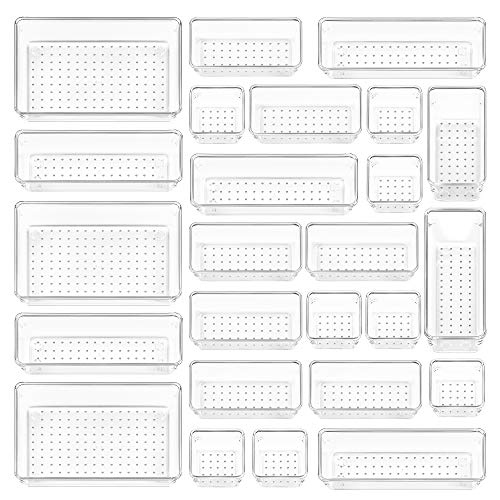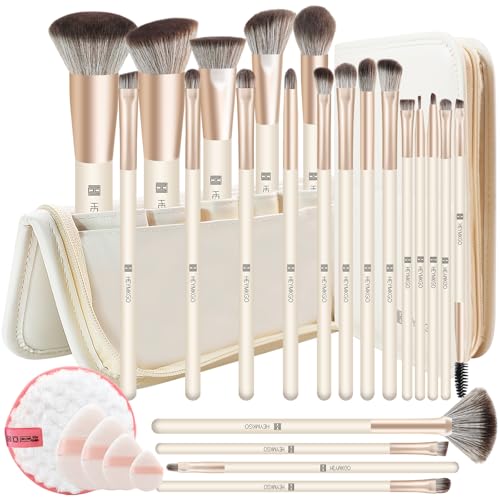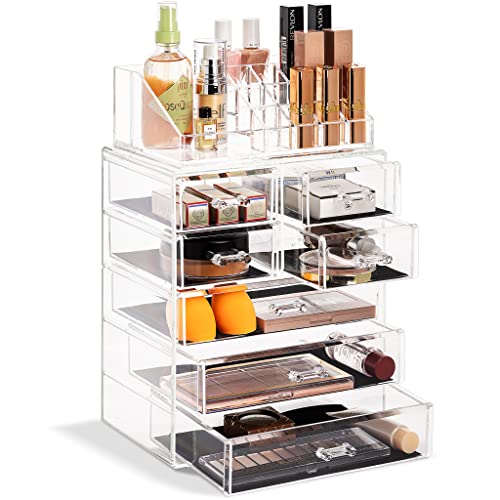- Joined
- May 29, 2006
- Messages
- 134
- Reaction score
- 0
I'm sure most of you have seen the Paul Mitchell commercials stating that PM products are only guaranteed through salons. Most professional lines are fighting to keep diversion from happening to the hair care industry. From ISO, PM, CHI, Matrix, Bumble to Bumble and so on.Diversion is what happens when you find salon professional hair care products in drug stores and discount outlets. They get there from Distributers (who are only authorized to sell to salons), salons, and people called collectors who bye up old or outdated product (like you find in Big Lots and other close out stores) Here is some information I have found on the subject. I hope the information helps you to understand why it is important to not by salon products from these outlets.
Here is an article I found that address the topic. I highlighted some of the important topics.
National-NBC
Aired April 25, 2005
Paul Mitchell, Redken, Aveda and Nexus. You know the names, especially if you're into your hair.
She may use Paul Mitchell products, but Lindsay Allison admits that when it comes to buying, it's all about convenience, "I mainly buy my hair care products at a drug store instead of a salon."
Check out the labels. The high-end shampoos and gels are meant for salon-sale only. Yet, they're turning up in drug stores and supermarkets across the country. Jessi Hempel with Business Week, "We knew that they weren't supposed to be there, and so we asked the question,'Why'?"
The answer is a thriving gray market in professional hair-care products. Hempel was part of a Business Week investigation, "Sometimes, 100, 150 were turning up on shelves."
So, how is this happening? The products are manufactured and sold exclusively to salons. Then according to Hempel, some of those salons and there distributers re-sell them to wholesalers who then make deals with drugstores and supermarkets, "We call it a gray market."
There's no law against it, but Hempel say buyer beware, "We see products coming in from China, we see products being, out-dated, sold in bottles that should have been sold two-years-ago."
That's what got John Paul Dejoria up in arms. He only sells his Paul Mitchell products to salons. His company launched a multi-million-dollar campaign to educate consumers, "If you find any of our products in any drug store or supermarket, it is either counterfeit, black/gray market, stolen or extremely old."
Dejoria was so concerned, he bought Paul Mitchell products at well-known drug stores and supermarkets from coast-to-coast and then tested them in his company labs, "The bacteria count was too numerous to even count. That's how bad it was."
Lindsay says she'll be doing things a lot differently from now on, "I probably will buy my hair care products in a salon from now on."
The hair care industry loses an estimated $30 to $40 million each year to the gray market. The National Association of Chain Drug Stores declined to comment on this issue and so did the Food Marketing Institute.
__________________________________________________ _____________
I own and work in a salon so I have been very avid on this.
I have done some of my own research on the subject. I have visited several Drug stores and found diverted products.Some carrying old packaging and has been out or date for several years. I also did price comparison. The average sale for most products were up to 2 dollars more than salons retail prices. This was on supposedly discounted products.

Here is an article I found that address the topic. I highlighted some of the important topics.
National-NBC
Aired April 25, 2005
Paul Mitchell, Redken, Aveda and Nexus. You know the names, especially if you're into your hair.
She may use Paul Mitchell products, but Lindsay Allison admits that when it comes to buying, it's all about convenience, "I mainly buy my hair care products at a drug store instead of a salon."
Check out the labels. The high-end shampoos and gels are meant for salon-sale only. Yet, they're turning up in drug stores and supermarkets across the country. Jessi Hempel with Business Week, "We knew that they weren't supposed to be there, and so we asked the question,'Why'?"
The answer is a thriving gray market in professional hair-care products. Hempel was part of a Business Week investigation, "Sometimes, 100, 150 were turning up on shelves."
So, how is this happening? The products are manufactured and sold exclusively to salons. Then according to Hempel, some of those salons and there distributers re-sell them to wholesalers who then make deals with drugstores and supermarkets, "We call it a gray market."
There's no law against it, but Hempel say buyer beware, "We see products coming in from China, we see products being, out-dated, sold in bottles that should have been sold two-years-ago."
That's what got John Paul Dejoria up in arms. He only sells his Paul Mitchell products to salons. His company launched a multi-million-dollar campaign to educate consumers, "If you find any of our products in any drug store or supermarket, it is either counterfeit, black/gray market, stolen or extremely old."
Dejoria was so concerned, he bought Paul Mitchell products at well-known drug stores and supermarkets from coast-to-coast and then tested them in his company labs, "The bacteria count was too numerous to even count. That's how bad it was."
Lindsay says she'll be doing things a lot differently from now on, "I probably will buy my hair care products in a salon from now on."
The hair care industry loses an estimated $30 to $40 million each year to the gray market. The National Association of Chain Drug Stores declined to comment on this issue and so did the Food Marketing Institute.
__________________________________________________ _____________
I own and work in a salon so I have been very avid on this.
I have done some of my own research on the subject. I have visited several Drug stores and found diverted products.Some carrying old packaging and has been out or date for several years. I also did price comparison. The average sale for most products were up to 2 dollars more than salons retail prices. This was on supposedly discounted products.





































